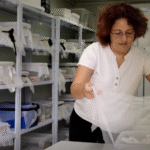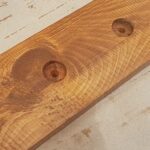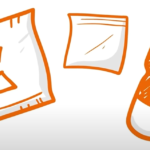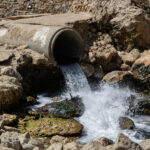-
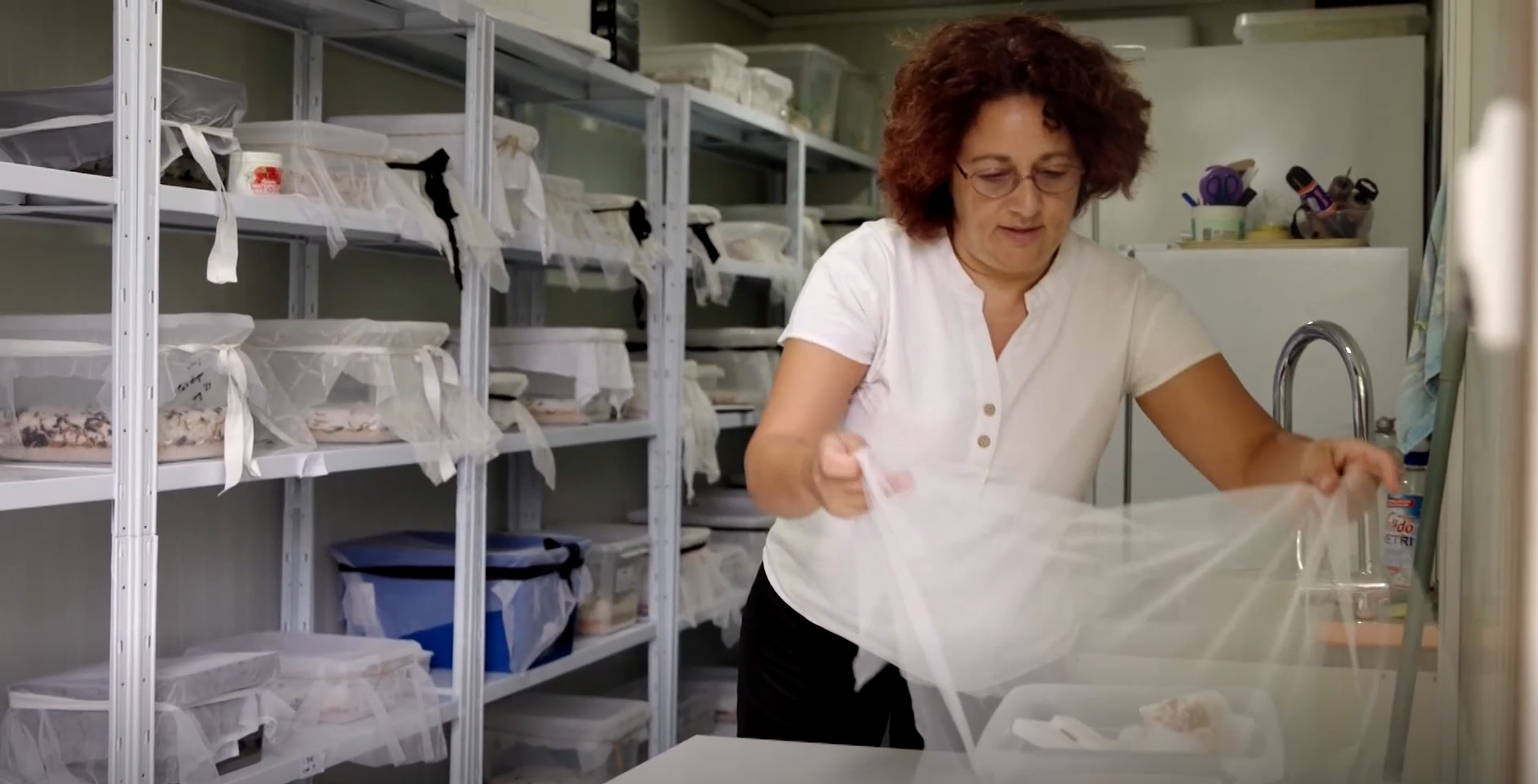
Mealworms help get rid of plastic waste—by eating it
With plastic waste being everywhere now (hellooooo, microplastics in the ocean and in our bodies!), scientists throughout the world have been studying ways to make plastic waste less of a problem by coming up with plastic alternatives, ways to dispose of plastic safely, or by making plastic compostable or biodegradable. Serbian scientists from Belgrade’s Institute…
-
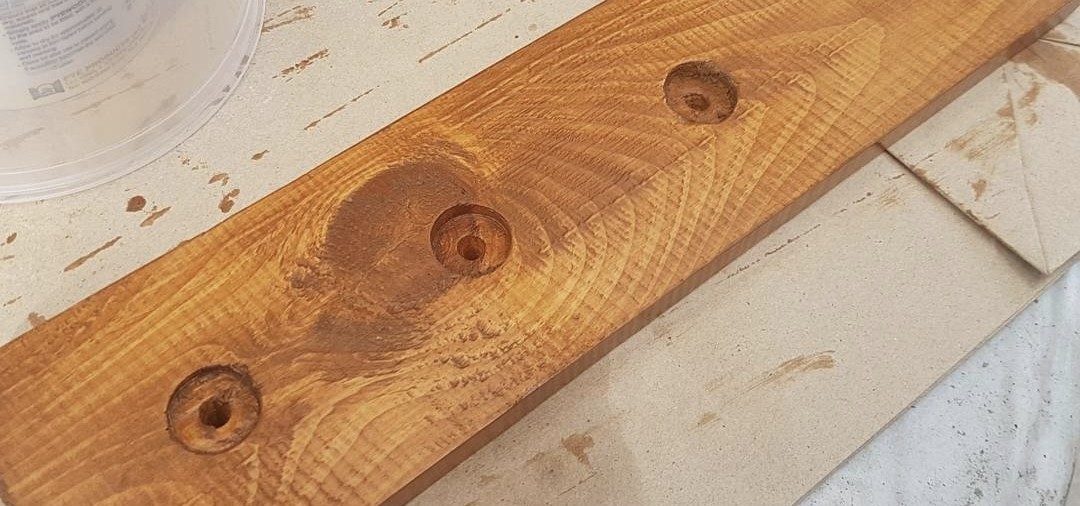
Eco-friendly wood stains to get a boost from the Philippines’ DOST
Using wood stains is one solid way to enhance the look of your projects, whether it’s something small like wooden crafts and figures, something bigger like furniture, or a large-scale project like an outdoor deck. Wood stains do a lot to protect wood from UV rays, moisture, and any other type of damage. They also…
-
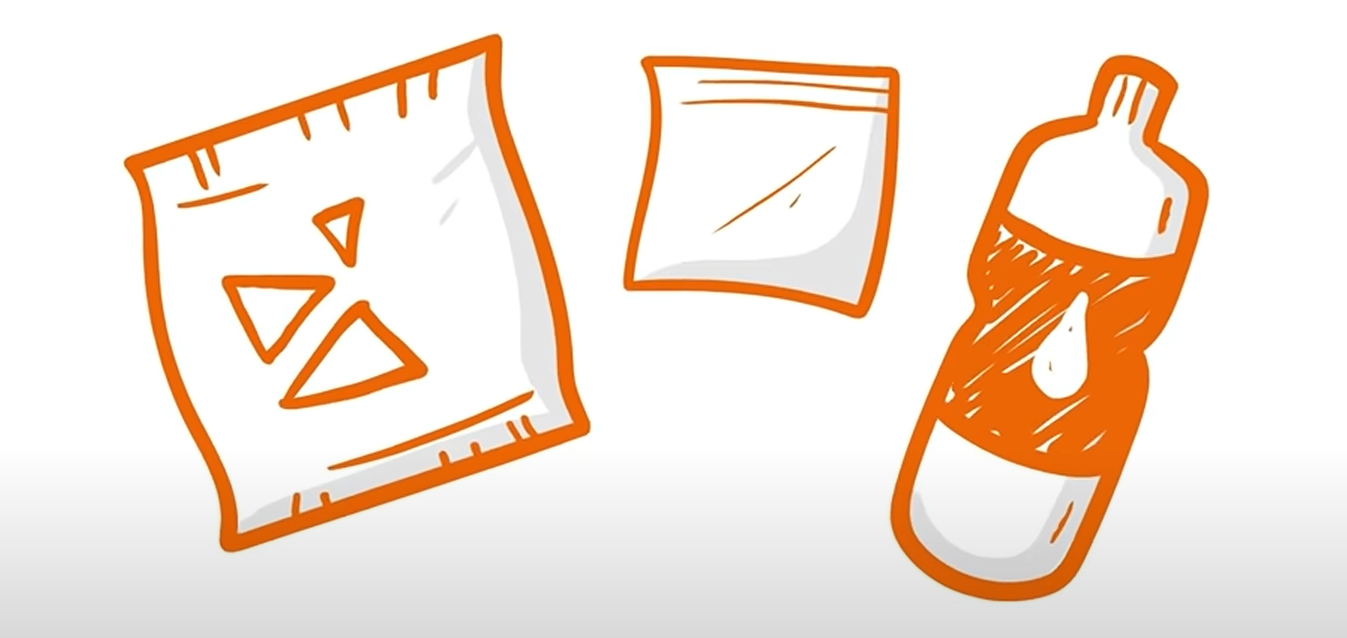
“The Story of Stuff” tells us more about the global plastics crisis: an update
Back in 2007, we linked to “The Story of Stuff,” an animated short about the plastic pollution problem. At the time, the short was available only as a Quicktime file, but it has since been made available on Youtube, which you can watch below. It’s interesting that the message of a short that was made…
-
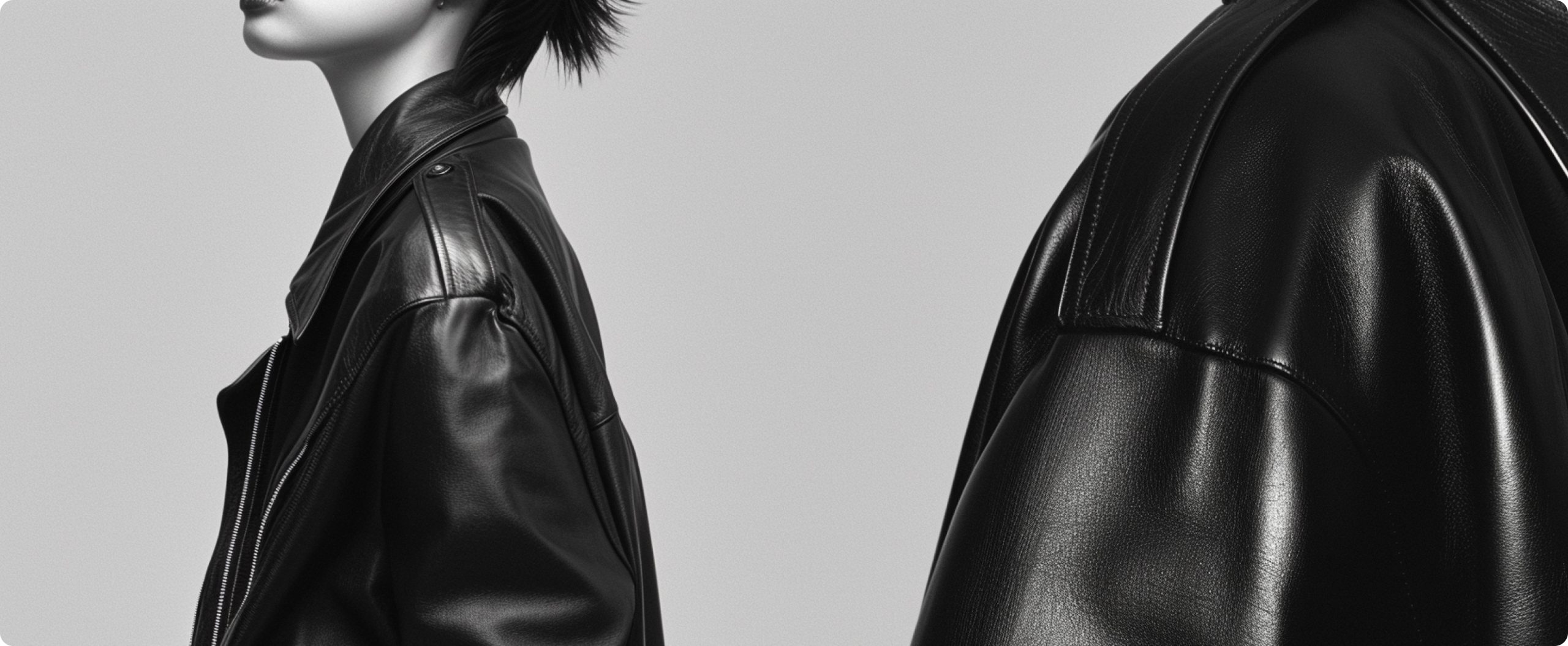
Eco-friendly bio-based leather is becoming a reality
Leather may have been around for thousands of years, but it got a lot of flak for some time because of concerns about animal cruelty as well as the pollution generated by the production process, specifically tanning. Still, leather is well loved because of its durability and timeless look. That’s why alternatives have been created…
-
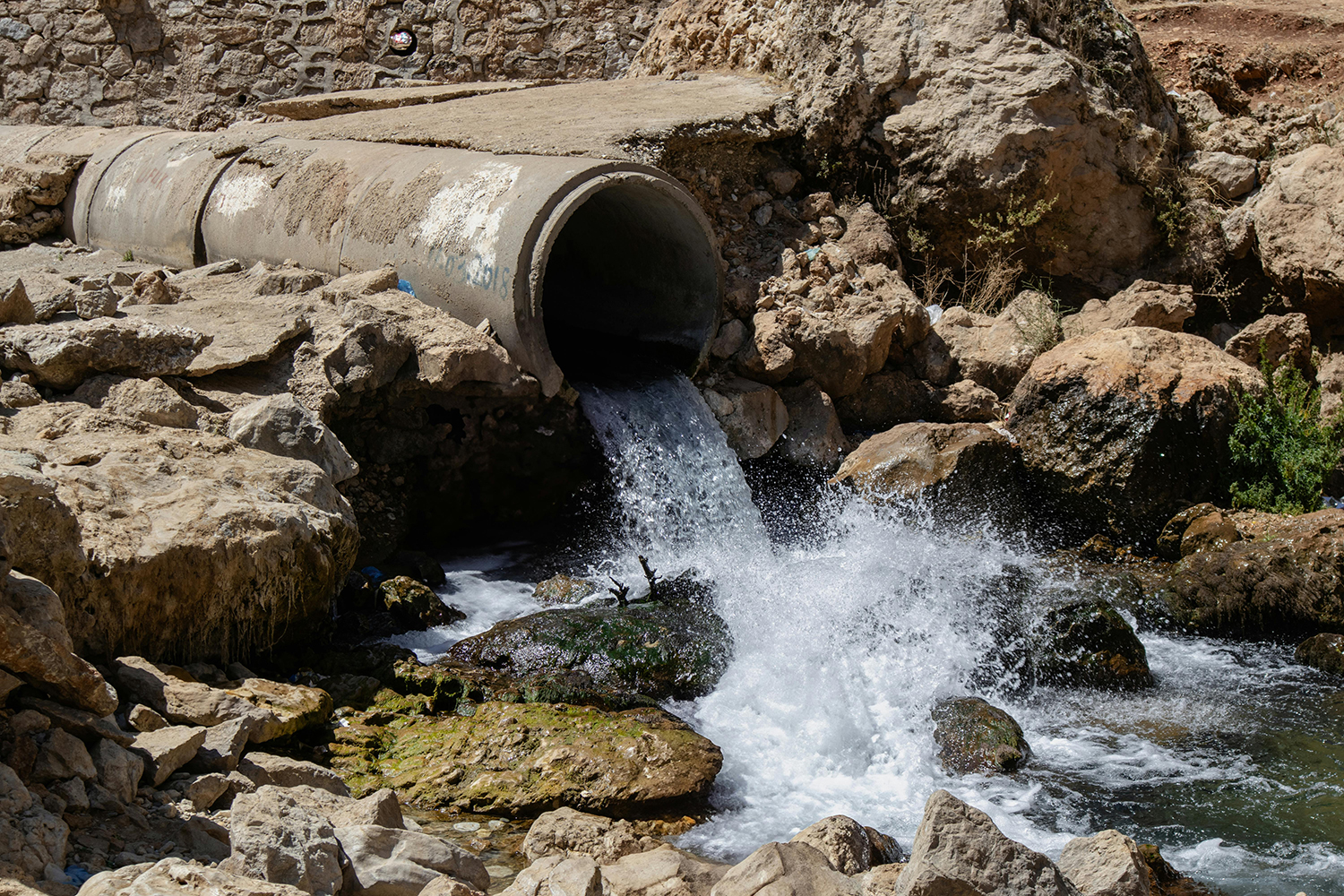
Vigormin could be a game-changer for wastewater treatment
So this might actually be old news, but it’s still worth sharing nevertheless. In 2018, Dr. Merlinda A. Palencia at Adamson University in the Philippines developed Vigormin, touted as an eco-friendly way to treat wastewater and solid waste. Composed of organominerals, which refer to mineral products that contain organic carbon and are said to be…
-

Paint your home greener with milk paint: an update
Back in 2007 (!!!), we posted about Milk Paint, which was described as “chemically safe, environmentally friendly paint.” Because we’re currently revisiting our old posts and seeing if some of the companies and products are still around or if there have been any new developments in certain materials and technologies, we took another look and…
-
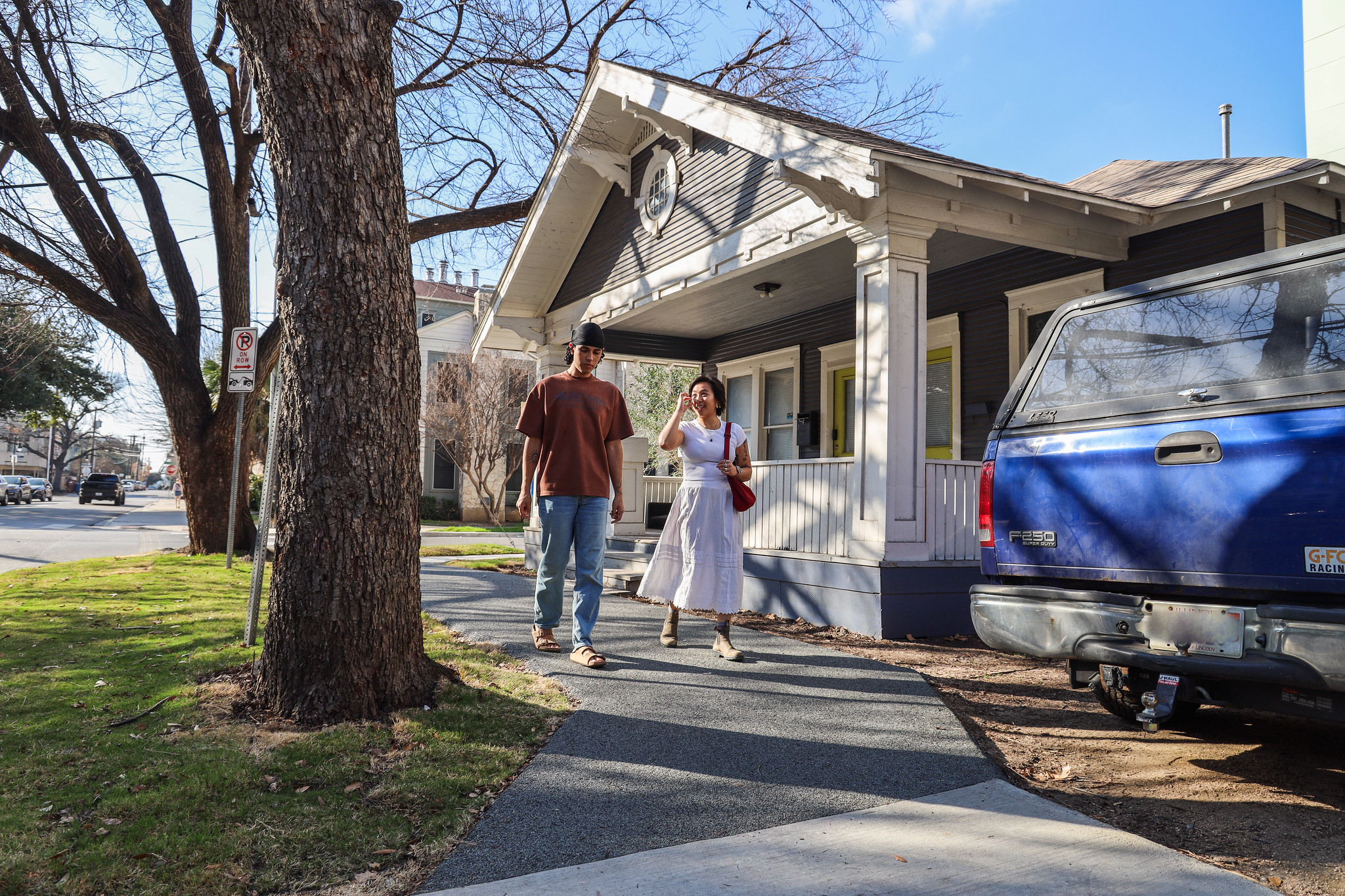
Austin, Texas, completes work on a sidewalk made with eco-friendly materials
In February, the city of Austin, Texas, completed a pilot project involving the construction of a sidewalk made with eco-friendly materials. Implemented in partnership with University Area Partners, the sidewalk, which is located on West 25th Street between Seton Avenue and Nueces Street and spans 780 square feet, is made from recycled tires, aggregate rock…
-
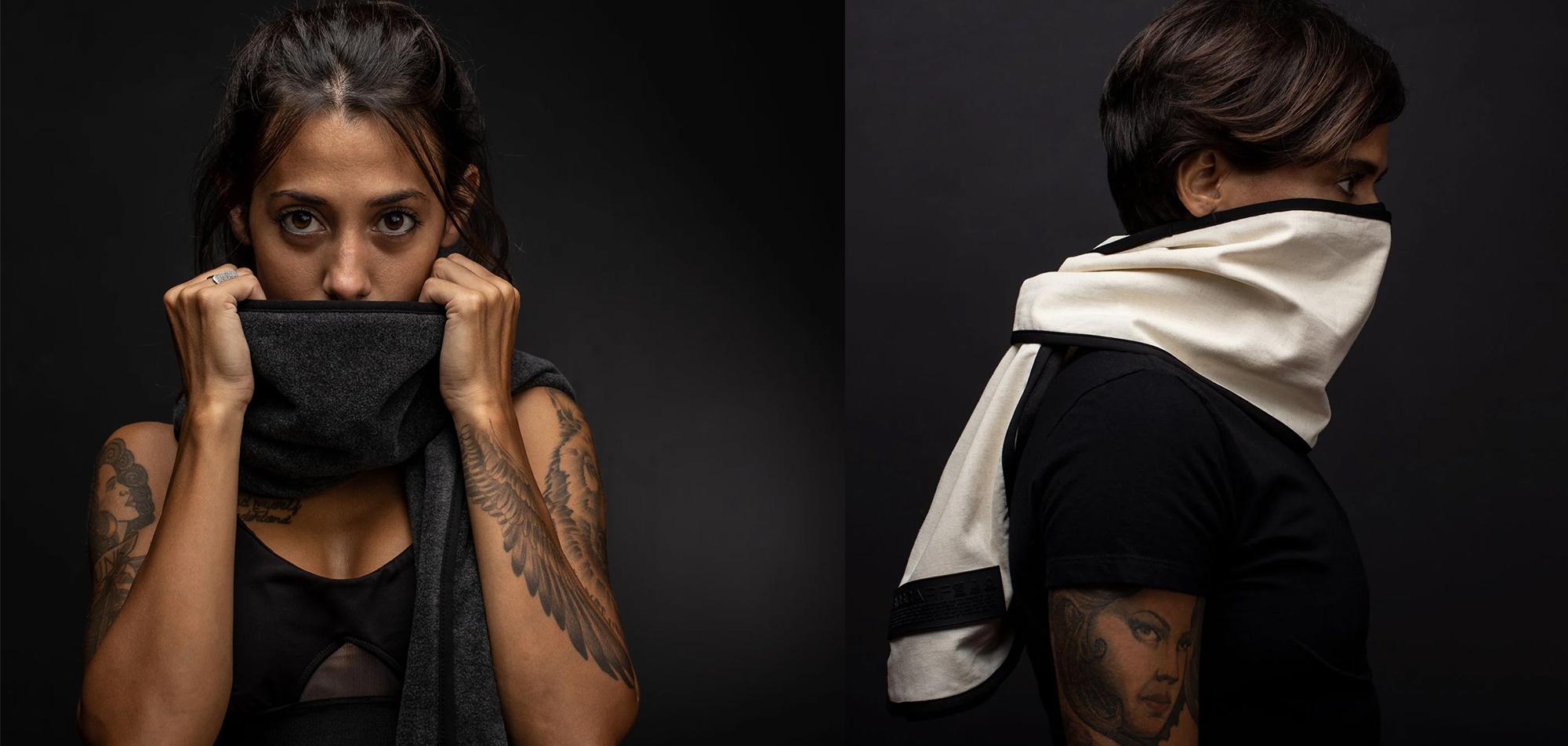
The Bioscarf promises to protect you against pollution and viruses: an update
Back in 2016, we stumbled upon an interesting product called the Bioscarf. Priced at $89, the Bioscarf is a scarf made from 100% post-consumer recycled PET water bottles and has an N95 rating, designed to filter non-oil-based airborne particles with a size of 3.0 microns or larger. Looking back nine years after that post and…

Green goods, tips, news, and more
